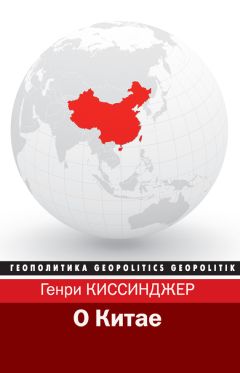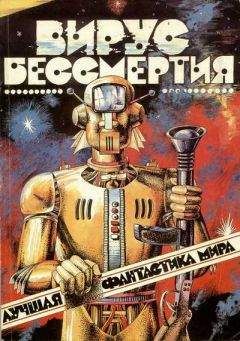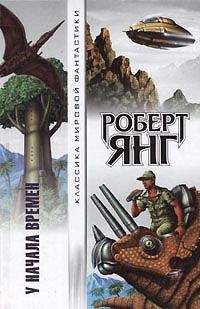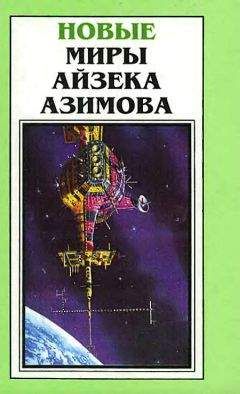187
«M'Arthur Pledges Defense of Japan», New Times (March 2,1949), from New York Times Historical Archives.
Acheson, «Crisis in Asia – An Examination of U. S. Policy», 116.
Там же.
В СССР назвался по имени Дональд Дональдович Маклейн. – Примеч. пер.
Weathersby, «Should We Fear This?», 11.
Goncharov, Lewis, and Xue, Uncertain Partners, 144.
Там же.
Там же. С. 145.
Chen, China's Road to the Korean War, 112.
Shen Zhihua, Mao Zedong, Stalin, and the Korean War, перевод Нейла Силвера (готовится к изданию), глава 6 (оригинал опубликован на китайском: Мао Zedong, Sidalin уи Chaoxian zhanzheng [Guangzhou: Guangdong Renmin Chubanshe, 2003]).
Там же.
Там же.
Yang Kuisong, предисловие использовано из Yang Kuisong, «Sidalin Weishenma zhichi Chaoxian zhanzheng – du Shen Zhihua zhu «Mao Zedong, Sidalin yu Chaoxian zhanzheng»» [ «Why Did Stalin Support the Korean War – On Reading Shen Zhihua's «Mao Zedong, Stalin and the Korean War»»], Ershiyi Shiji [Twentieth Century], February 2004.
Harry S. Truman, «Statement by the President on the Situation in Korea, June 27, 1950», no. 173, Public Papers of the Presidents of the United States (Washington, D.C.: U. S. Government Printing Office, 1965), 492.
Gong Li, «Tension Across the Taiwan Strait in the 1950s: Chinese Strategy and Tactics», in Robert S. Ross and Jiang Changbin, eds., Reexamining the Cold War: U.S.-China Diplomacy, 1954–1973 (Cambridge: Harvard University Press, 2001), 144.
United Nations General Assembly Resolution 376 (V), «The Problem of the Independence of Korea» (October 7, 1950), размещено no адресу: http://daccess-dds-ny.un.org/doc/RESOLUTION/GEN/NR0/059/74/IMG/NR005974.pdf?OpenElement.
Китайское название реки Ялуцзян. В России эта река имеет название река Туманная. В КНДР она называется Туманган. – Примеч. пер.
Для знакомства с интереснейшей дискуссией по поводу этих принципов применительно к столкновениям на реке Уссури см. Michael S. Gerson, The Sino-Soviet Border Conflict: Deterrence, Escalation, and the Threat of Nuclear War in 1969 (Alexandria, Va.: Center for Naval Analyses, 2010).
О целях Мао в этой войне см., например, Shu Guang Zhang, Мао 's Military Romanticism: China and the Korean War, 1950–1953 (Lawrence: University Press of Kansas, 1995), 101–107, 123–125, 132–133; and Chen Jian, Mao's China and the Cold War (Chapel Hill: University of North Carolina Press, 2001), 91–96.
Chen, China's Road to the Korean War, 137.
Shen, Mao Zedong, Stalin, and the Korean War, Chapter 7.
Там же.
Chen, China's Road to the Korean War, 143.
Там же. С 143–144.
Там же. С. 144.
Goneharov, Lewis, and Xue, Uncertain Partners, 164–167.
Chen, China's Road to the Korean War, 149–150.
Там же. С 150.
Там же. С. 164.
«Doc. 64: Zhou Enlai Talk with Indian Ambassador KM. Panikkar, Oct. 3, 1950», in Goncharov, Lewis, and Xue, Uncertain Partners, 276.
Там же. С. 278.
Там же. Премьер-министр Джавахарлал Неру написал Чжоу Эньлаю, а также представителям США и Великобритании по поводу возможности прекращения Корейской войны.
«Letter from Fyn Si [Stalin] to Kim II Sung (via Shtykov): October 8, 1950», APRF, fond 45, opis 1, delo 347, listy 65–67 (предполагается, что цитируемый текст является телеграммой Сталина Мао Цзэдуну), from Cold War International History Project: Virtual Archive, Woodrow Wilson International Center for Scholars, доступен по адресу: www.cwihp.org.
Goncharov, Lewis, andXue, Uncertain Partners, 111.
Там же.
Там же.
См. Shen Zhihua, «The Discrepancy Between the Russian and Chinese Versions of Mao's 2 October 1950 Message to Stalin on Chinese Entry into the Korean War: A Chinese Scholar's Reply», Cold War International History Project Bulletin 8/9 (Washington, D.C.: Woodrow Wilson International Center for Scholars, Winter 1996), 240.
Goncharov, Lewis, andXue, Uncertain Partners, 200–201, citing Hong Xuezhi and Hu Qicai, «Mourn Marshal Xu with Boundless Grief», People's Daily (October 16, 1990), and Yao Xu, Cong Yalujiang dao Banmendian [From the Yalu River to Panmunjom] (Beijing: People's Press, 1985).
Goncharov, Lewis, and Xue, Uncertain Partners, 195–196.





